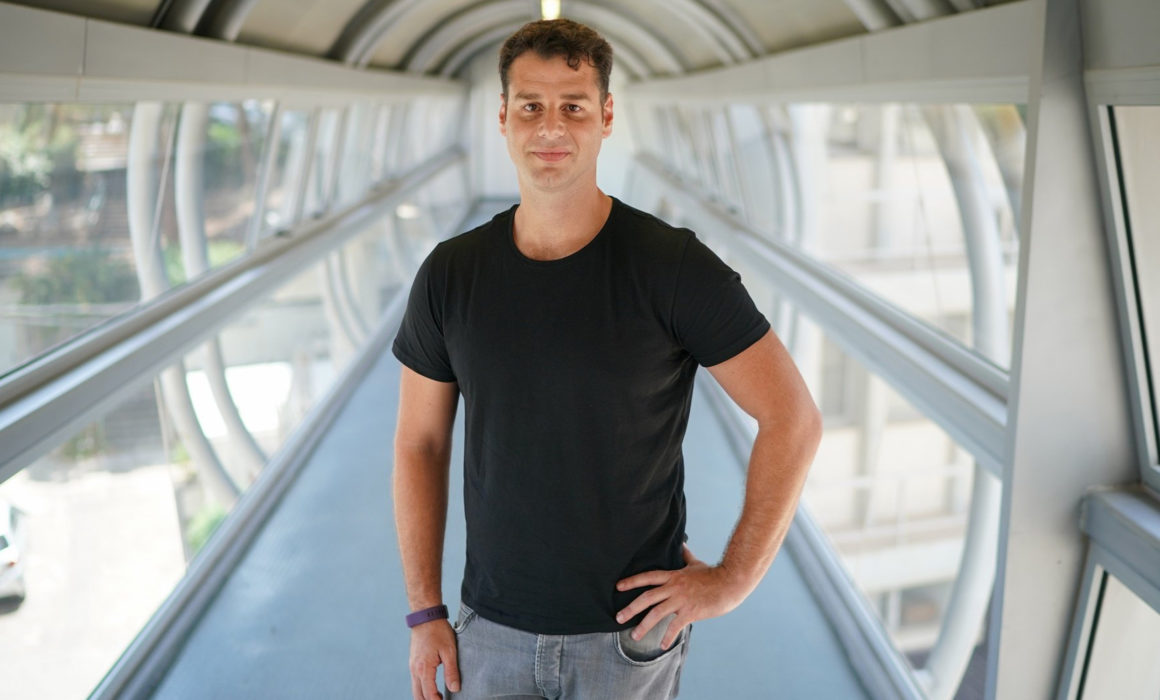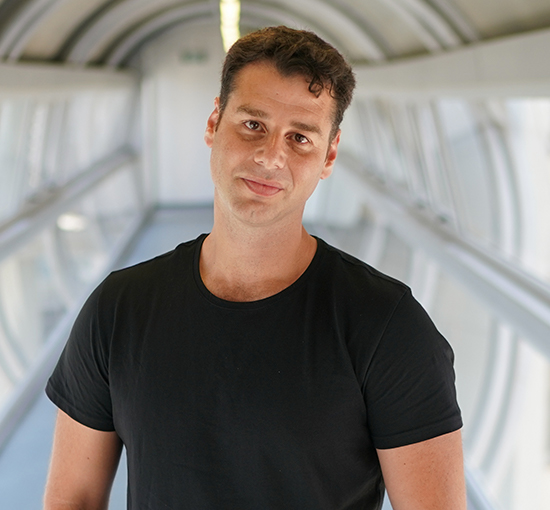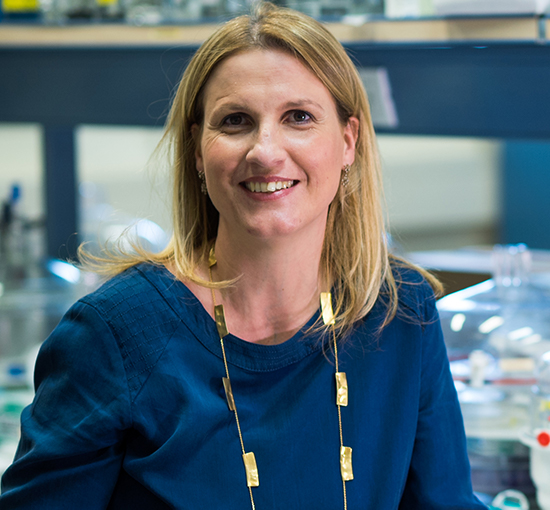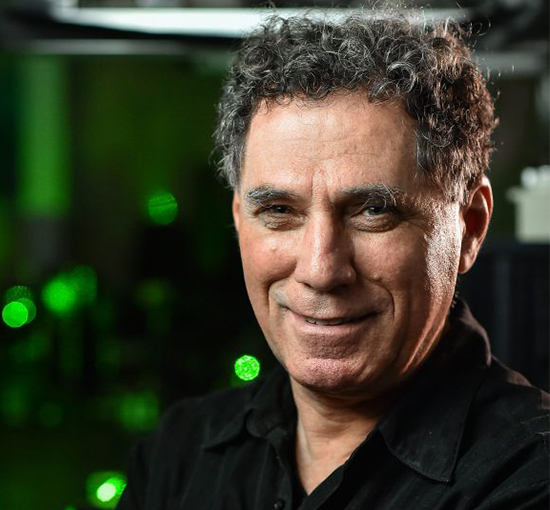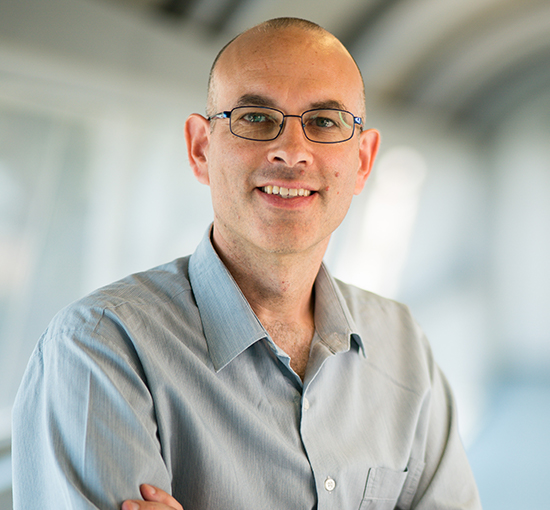Yaron Fuchs
MEDICAL ADVANCES THAT SAVE LIVES
Just 10 years removed from graduate school, Assistant Professor Yaron Fuchs is making a name for himself in stem cell research and regenerative medicine. In 2019, he became Israel’s first scientist to win a prestigious Grand Prize for his discoveries and groundbreaking work from the American Association for the Advancement of Science.
Now, he’s won the Krill Prize for Excellence in Scientific Research and the Science Grand Prize for his work on apoptosis, a form of programmed cell death. He is one of the first researchers to turn that focus to stem cells, which are thought to have unlimited potential for self-renewal and differentiation. By better understanding the mechanisms for stem cell suicide, Prof. Fuchs has paved the way for novel strategies in tissue regeneration — even regrowing organs.
In a special webinar hosted by the American Technion Society this past spring, Prof. Fuchs spoke about the implications of cell death in containing the coronavirus.
Ester Segal
MEDICAL ADVANCES THAT SAVE LIVES
Professor Ester Segal heads the Laboratory of Multifunctional Nanomaterials at the Technion. She also leads NanoPack, an EU consortium of 18 industrial and research institutes developing antimicrobial food packaging solutions using natural nanomaterials and essential oils to extend food’s shelf life.
NanoPack materials can, for example, inhibit mold growth in bread for three weeks and expand the shelf life of yellow cheeses by 50%. This will dramatically reduce food waste, prevent foodborne illnesses, and reduce the amount of preservatives in our foods. NanoPack was one of four finalists in the Resource Efficiency category of the Packaging Europe Sustainability Awards in 2018.
Prof. Segal has also developed nanoscale silicon chips that could be safely implanted into the brain to inhibit the development of Alzheimer’s disease.
Moti Segev
THE LEADING EDGE OF OUR HIGH-TECH FUTURE
Distinguished Professor Mordechai (Moti) Segev is a world-renowned physicist in the field of optics and lasers. The Robert J. Shillman Distinguished Professor of Physics is one of the founders of the Helen Diller Center for Quantum Science, Matter and Engineering.
In 2018, two teams of Technion scientists led by Prof. Segev discovered a new scientific field: quantum metamaterials. Metamaterials are artificially created materials that respond to light in different ways. Previously, experimentation with metamaterials was limited to manipulations with classical light. In doing so, Prof. Segev has opened the door for numerous practical applications, including developing unbreakable encryptions to ward off cyberattacks.
Most recently, he was awarded the 2019 EMET Prize in the Exact Sciences — known as Israel’s Nobel Prize — for his groundbreaking achievements in nonlinear optics, including his pioneering experiments on two-dimensional solitons and his demonstration of the first photonic topological insulators.
Roy Kishony
MEDICAL ADVANCES THAT SAVE LIVES
Last summer, Professor Roy Kishony, director of the Technion’s Lorry I. Lokey Interdisciplinary Center for Life Sciences and Engineering, discovered that the efficacy of an antibiotic cocktail is dependent on how many types of strains it is made up of, as well as the dosage of the combined strain. The new system could be used to find the most effective antibiotic combinations and allow for personalized treatment plans.
Also, through a joint project with Boston Children’s Hospital, Prof. Kishony, who holds the Henry and Marilyn Taub Chair in Life Sciences, discovered that the risks of probiotics might outweigh the benefits. Using innovative genomic tools, he found that in some cases, probiotics caused blood infections in patients in the hospital’s intensive care unit, and might have triggered the growth of antibiotic-resistant bacteria.
And researchers in Prof. Kishony’s lab, with scientists at Rambam Health Care Campus, have successfully tested a method that will dramatically increase the current COVID-19 testing capacity using existing resources. Known as “pooling,” this method enables simultaneous testing of dozens of samples.


